Click here to view recordings from the livestream on our YouTube channel
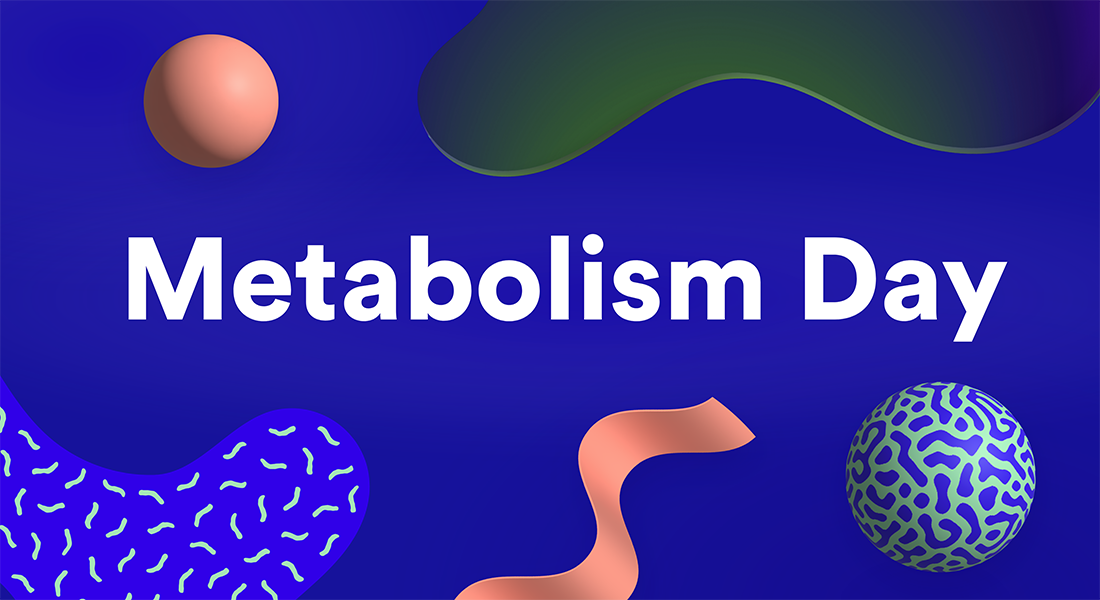
A conference about energy control and metabolism
On March 12, 2024, Metabolism Day will bring together researchers within the field of metabolism to discuss the latest science in cardiometabolic diseases and energy control. It is hosted and organized by the Novo Nordisk Foundation Center for Basic Metabolic Research (CBMR) at the University of Copenhagen.
Speakers
Read more about the speakers and their talks, below.
Talk title: 'Metabolism Across Scales: From Molecules to Population'

Claudia Langenberg is Director of the Precision Healthcare University Research Institute at Queen Mary University of London, UK and Professor of Computational Medicine at the Berlin Institute of Health at Charité, Germany.
A Public Health Physician by training, her research is focused on the genetic basis of metabolic control, and her team studies its effects on health through integration of molecular with clinical data in large-scale patient and population-based studies.
Talk title: 'Personalized Medicine Based on Deep Human Phenotyping'

Eran Segal is a Professor at the Department of Computer Science and Applied Mathematics at the Weizmann Institute of Science, heading a lab with a multi-disciplinary team of computational biologists and experimental scientists in the area of Computational and Systems biology. His group has extensive experience in AI, machine learning, computational biology, and analysis of heterogeneous high-throughput genomic data. His research focuses on Microbiome, Nutrition, Genetics, and their effect on health and disease. His aim is to develop personalized medicine based on data from large-scale and deeply phenotyped human cohorts.
Prof. Segal published over 200 publications that were cited over 60,000 times, and received several awards and honors for his work, including the Overton prize, awarded annually by the International Society for Bioinformatics (ICSB) to one scientist for outstanding accomplishments in computational biology, and the Michael Bruno award. He was also elected as an EMBO member and as a member of the young Israeli academy of science. During the COVID-19 pandemic, Prof. Segal developed models for analyzing the dynamics of the pandemic and served as a senior advisor to the government of Israel.
Before joining the Weizmann Institute, Prof. Segal held an independent research position at Rockefeller University, New York.
Talk title: 'Forget about calories and just watch the time: Role of Time Restricted Eating in Human Studies'
 Dr. Chow is currently a Professor with Tenure, Division Director for the Division of Diabetes, Endocrinology and Metabolism, and Director of the NIH/NIDDK Diabetes T32 Research Training Program at the University of Minnesota. Dr. Chow is an academic endocrinologist who conducts clinical/translational research .Her research has been continuously supported by the NIH since 2009. Presently, she is the Principal Investigator of 2 active NIH R01 grants that investigate the effects of lifestyle intervention (dietary changes, exercise) to treat insulin resistance and diabetes. Her work has been published in Nature Reviews Endocrinology, Obesity, and Diabetes. Her clinical interests include diabetes, hyperlipidemia and osteoporosis. Among her many accomplishments, she is an Associate Editor for the journal Diabetes , a member of the Sigma Xi Scientific Research Honor Society, and has been a grant reviewer for the NIH and ADA Dr. Chow obtained her medical degree from the University of Minnesota and completed her residency and endocrinology fellowship at Mayo Clinic before joining the faculty in 2006.
Dr. Chow is currently a Professor with Tenure, Division Director for the Division of Diabetes, Endocrinology and Metabolism, and Director of the NIH/NIDDK Diabetes T32 Research Training Program at the University of Minnesota. Dr. Chow is an academic endocrinologist who conducts clinical/translational research .Her research has been continuously supported by the NIH since 2009. Presently, she is the Principal Investigator of 2 active NIH R01 grants that investigate the effects of lifestyle intervention (dietary changes, exercise) to treat insulin resistance and diabetes. Her work has been published in Nature Reviews Endocrinology, Obesity, and Diabetes. Her clinical interests include diabetes, hyperlipidemia and osteoporosis. Among her many accomplishments, she is an Associate Editor for the journal Diabetes , a member of the Sigma Xi Scientific Research Honor Society, and has been a grant reviewer for the NIH and ADA Dr. Chow obtained her medical degree from the University of Minnesota and completed her residency and endocrinology fellowship at Mayo Clinic before joining the faculty in 2006.
Talk title: 'Chemical Evolution of Endocrine Hormones'
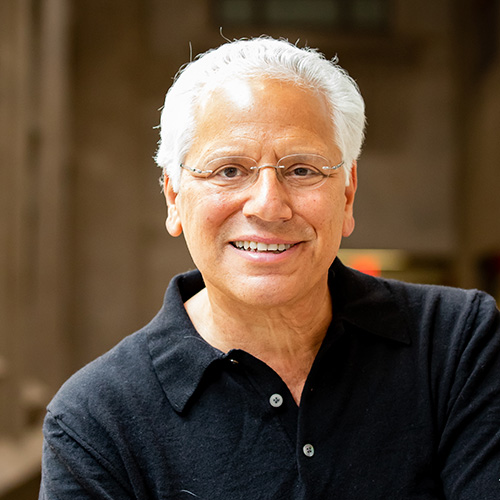 Richard DiMarchi is a Distinguished Professor of Chemistry and Gill Chair in Biomolecular Sciences at Indiana University, where he served as department chairperson. He is a member of the National Academy of Medicine and the National Inventors Hall of Fame. He is a former Group Vice President at Eli Lilly and later a Research Director at Novo. He is recognized for his contributions to the discovery and development of rDNA derived Humulin®, Humalog®, Evista®, Forteo and Trulicity®. His academic research has broadened the understanding of glucagon physiology and the discovery of single molecule multimode agonists for the treatment of diabetes and obesity. He is a former decade-long chairman of the Peptide Therapeutics Foundation. Since 2003, he has co-founded six successful biotech companies. He has received multiple international awards and most notably the Merrifield Award for career contributions in peptide sciences and the ACS Alfred Burger career award in medicinal chemistry.
Richard DiMarchi is a Distinguished Professor of Chemistry and Gill Chair in Biomolecular Sciences at Indiana University, where he served as department chairperson. He is a member of the National Academy of Medicine and the National Inventors Hall of Fame. He is a former Group Vice President at Eli Lilly and later a Research Director at Novo. He is recognized for his contributions to the discovery and development of rDNA derived Humulin®, Humalog®, Evista®, Forteo and Trulicity®. His academic research has broadened the understanding of glucagon physiology and the discovery of single molecule multimode agonists for the treatment of diabetes and obesity. He is a former decade-long chairman of the Peptide Therapeutics Foundation. Since 2003, he has co-founded six successful biotech companies. He has received multiple international awards and most notably the Merrifield Award for career contributions in peptide sciences and the ACS Alfred Burger career award in medicinal chemistry.
Talk title: 'Implications of Contrasting Models of Obesity'
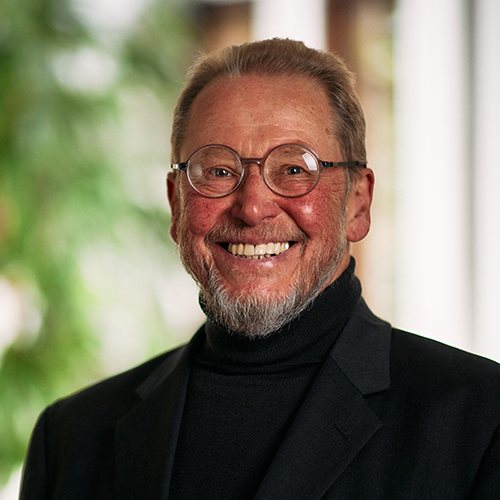
Stanley Ulijaszek, University of Oxford, is a nutritional anthropologist whose work centres on the evolutionary basis for, and cultural diversity in, nutritional health. This includes both undernutrition and obesity, and the diseases associated with them. He has carried out both individual and collaborative research across South Asia, the Pacific, and Europe. He has published extensively, in research articles, edited volumes, and authored books. His two last books are 'Evolving Human Nutrition', with Sarah Elton and Neil Mann, and 'Models of Obesity'. His most recent book ‘Understanding Obesity’ is in press.
He is Director of the Unit for BioCultural Variation and Obesity (www.oxfordobesity.org), which has strong cultural and policy orientations towards obesity and factors associated with it.
Talk title: 'Fasting Metabolism in Health and Disease'
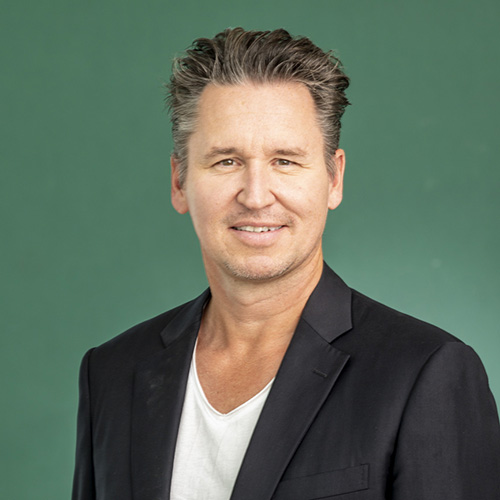
Stephan Herzig is Research Director at Helmholtz Munich, Scientific Director of the Helmholtz Diabetes Center, and Director of the Institute for Diabetes and Cancer. He holds a full professorship for molecular metabolic control at the Technical University Munich and is honorary professor at the University of Heidelberg. The Herzig lab aims at identifying novel therapeutic targets for treating metabolic dysfunction.
To date, he has published more than 170 peer-reviewed papers including numerous publications in Nature, Nature Medicine, Nature Metabolism, Science, and Cell Metabolism, and holds several patents. Several prestigious awards have been granted to Stephan Herzig, exemplified by an Emmy-Noether Award (DFG), a Marie-Curie Excellence Award (EU), the Werner-Creutzfeldt Award (DDG), and in 2023 the Camillo Golgi Award by the EASD. Stephan Herzig is serving the scientific community by several coordinating functions in national and international consortia, and he is Editor-in-Chief of Molecular Metabolism.
Talk title: 'Human Cardiac Metabolism'
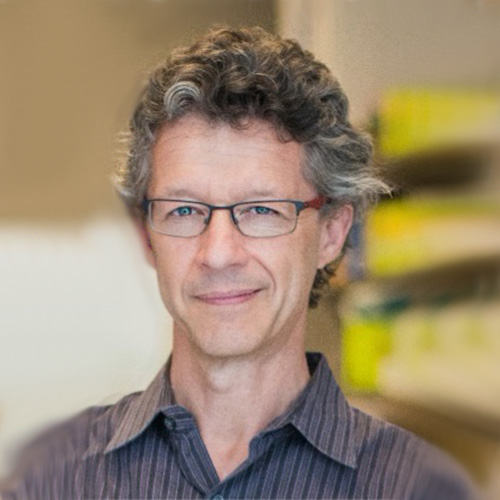
Zoltan Arany, MD, PhD is the Samuel Bellet Professor of Cardiology and Director of the Cardiovascular Metabolism Program at the Perelman School of Medicine at the University of Pennsylvania. Dr. Arany received his B.A. and MD.-PhD. degrees from Harvard College and Medical School. He completed internal medicine residency at the Massachusetts General Hospital, Cardiology fellowship at the Brigham and Women’s Hospital, and post-doctoral research fellowship at the Dana Farber Cancer Institute, in Boston. He joined the University of Pennsylvania in 2014. His lab focuses on the mechanisms that underlie metabolic pathophysiology in the cardiovascular system, using approaches ranging from ‘omics to model organisms and human clinical studies. He is a recipient of several awards including the AHA Established Investigator Award, the Hal Dvorak Young Investigator Award, the Inaugural Yale Calabresi Prize, and the International Society of Heart Research Investigator Award. He is elected to the ASCI and the AAP, where he is a member of the Council. He is also an active clinical cardiologist, teacher, and mentor, and the current Chair of the Cellular Biology Physiology and Metabolism Graduate Group.
Time & Date
Tuesday, March 12, 2024
Conference: 08:30 – 17:30
Dinner: 17:30 – 18:30
Venue
Jerne Auditorium
Floor 1, Maersk Tower
The Faculty of Health and Medical Sciences, University of Copenhagen
Blegdamsvej 3B
2200 Copenhagen
Denmark
Contact
If you have any questions regarding the conference, you can contact the organizers at cbmr@sund.ku.dk.
